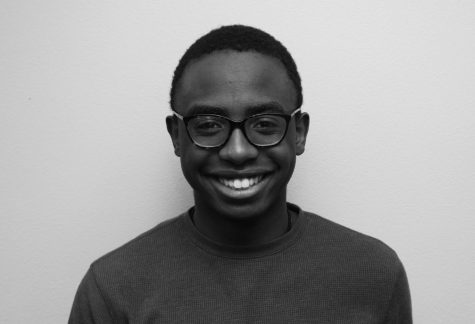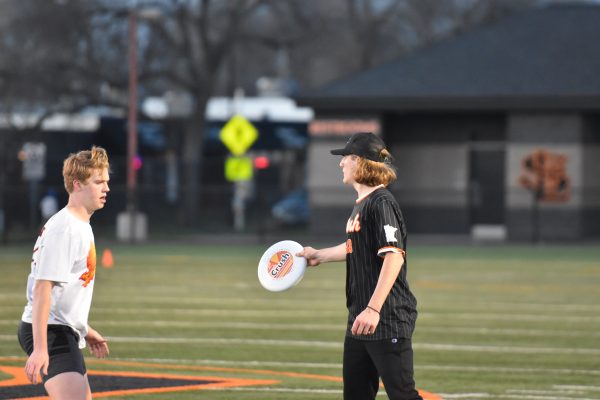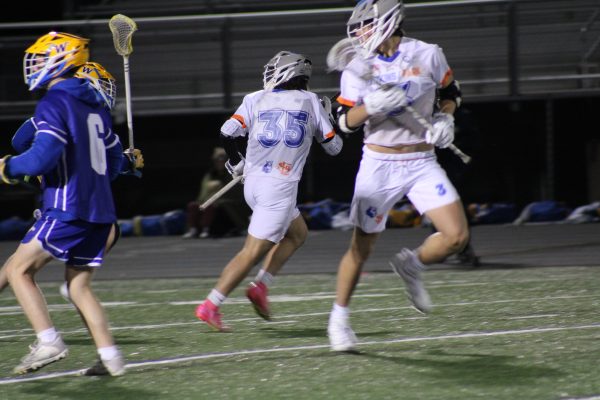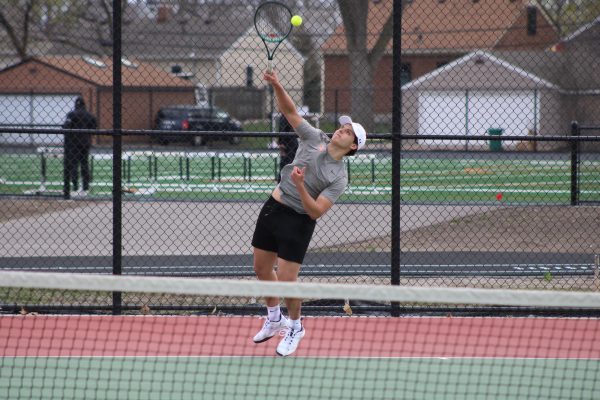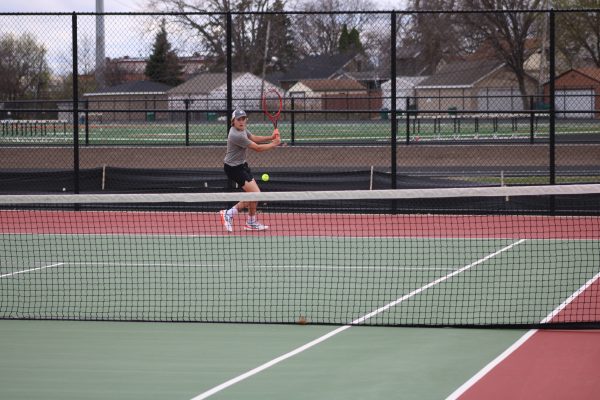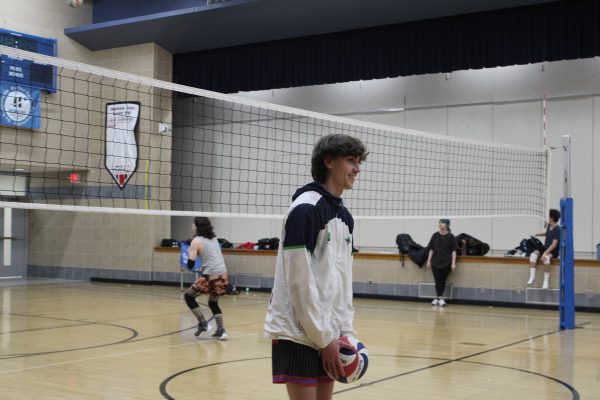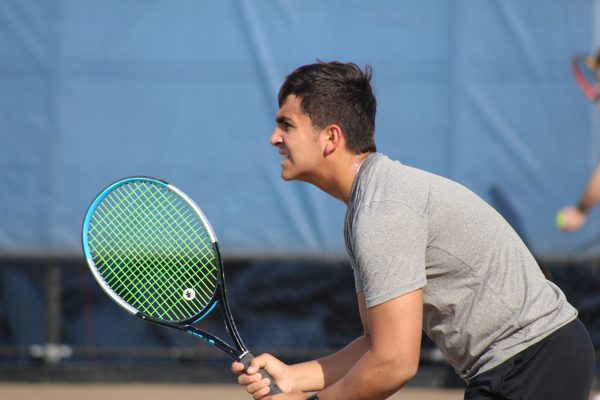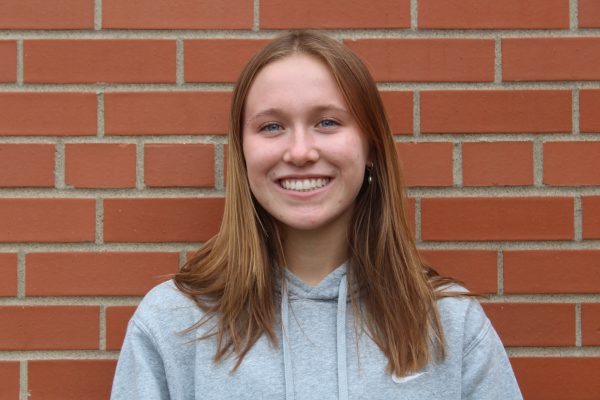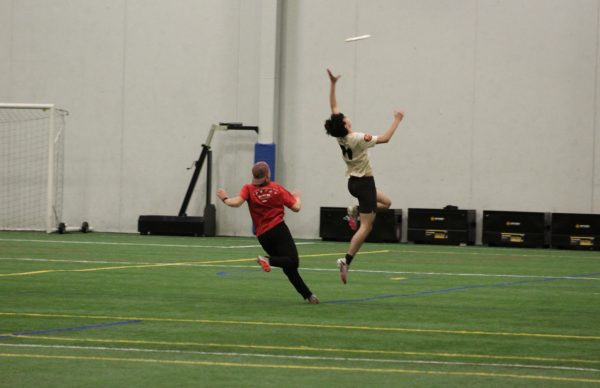Sports strive for inclusion
Religious practices clash with uniforms
October 24, 2016
W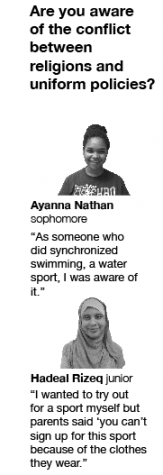 hen senior athlete Dania El Ghandour, who wears a hijab, saw student apprehension about joining sports, she remembers her own experiences with the intersection of religion and sports.
hen senior athlete Dania El Ghandour, who wears a hijab, saw student apprehension about joining sports, she remembers her own experiences with the intersection of religion and sports.
“I think they might be scared of being judged,” El Ghandour said. “When I first put on my hijab, I was already playing lacrosse. I thought people were going to look at me differently because of my hijab. That’s why I think a lot of people are uncomfortable, because they don’t know what to expect.”
Kevin Merkle, associate director of the Minnesota State High School League said uniforms serve many necessary purposes.
“Uniform rules and requirements are made for each sport,” Merkle said. “Safety is always the number one concern, but other factors are involved as well.”
Merkle said depending on the sport, uniforms can be modified as long as the change is within reason and does not violate any rules.
“(Uniforms) depend on the sport and the rules,” Merkle said. “For example, in basketball head coverings are not allowed. However, (schools) can request for us to allow someone to wear religious headwear. As long as the item is safe for the player and their opponents and it doesn’t provide an unfair advantage, we can make those accommodations.”
Sophomore Leensa Ahmed said the decision to join a sport with uniform requirements depends on personal beliefs.
“I feel like it depends on the person because some people feel like they can’t do sports because of what they’re wearing or are worried about what people will say,” Ahmed said.
El Ghandour said she enjoys sports, except when her clothes cause physical discomfort.
“It can get really frustrating when it gets really hot, but it’s what I have to do. It’s my act of worship,” El Ghandour said.
High School Athletic Director Andy Ewald said coaches work with athletes in order to respect their religious rules while allowing them to be part of the team.
“For religious reasons, we’ve had students here in the past where they’ve been able to wear what they need to wear,” Ewald said. “If there’s people out there that are interested in participating but are choosing not to because they’ve got the perception (they can’t), we are willing to work with them.”
Ewald said while the rules cannot be avoided, the athletic staff wants to work within the rules to allow anyone to join sports, regardless of religious practices.
“If there’s roadblocks that students see in terms of them being able to participate, I look at it as how can we eliminate those roadblocks or get around those roadblocks,” Ewald said.
According to El Ghandour, students who wear hijabs should still join sports despite perceptions.
“(Being in a sport) is good for you later on — it’s good for your health, good for colleges,” El Ghandour said. “I think they should be encouraged because it gives them a voice. It allows them to say ‘this is what I have to do for my religion, but I don’t want that to stop me from doing what I enjoy doing.’”
Ahmed said more students with hijabs in school sports would inspire others to join.
“I feel like they would be more encouraged especially if they see some of their peers in sports,” Ahmed said.



